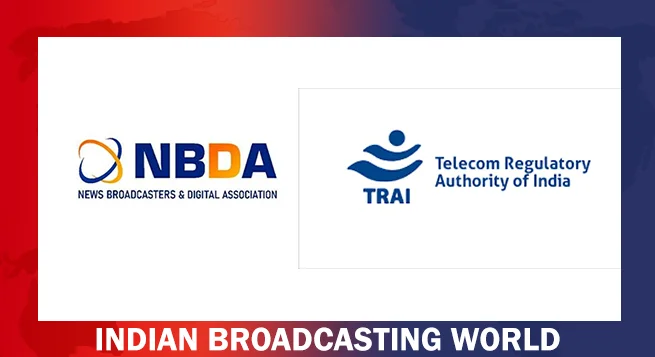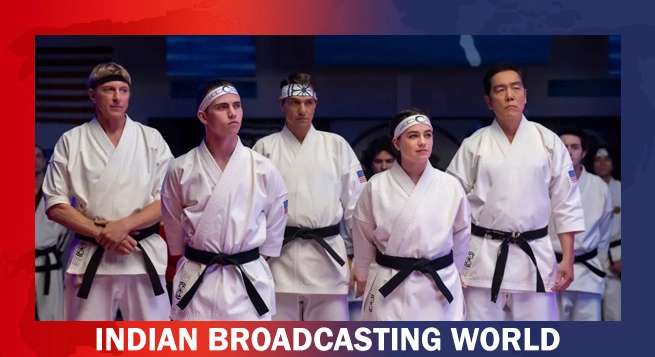Asian media and entertainment industry leaders were of the opinion that with streaming wars well underway, competition more acute, consumers are streaming and spending more, but there’s also greater churn than ever before.
This was the general trend of opinion at the recently concluded four-day online conference OTT Summit: The Future of Video Streaming, organised by Asian media industry trade body Asia Video Industry Association’s (AVIA), which saw 900 delegates attending the event featuring over 80 industry experts and leaders as speakers.
Opening the OTT Summit was the streaming analyst Matthew Ball, Managing Partner of Epyllion Industries, who presented a deep dive into the OTT industry in the United states, being the most mature, competitive and most valuable video market with the most consumptive media consumers in the world, according to a statement put out by AVIA.
In his session, Ball highlighted that new subscriptions continued to dramatically outpace churn and content was clearly the key differentiator. And while content was king when it came to subscriber acquisitions, as a market matures it exhibits an unmistakable preference for local content, as seen across markets likes of China, India, Russia and France.
“The OTT video industry is ultimately about content and the ability to create hit content is not equal,” added Ball. Another key point was the fact that aggregation was already here with services such as Apple and Amazon TV.
This aggregation has led to a change in the way platforms operate today. For Euan Smith, Group COO and CEO, TV of Malaysian operator Astro, their role as a platform was finding the best content and packaging it up into attractive bundles for the consumers in the most simplistic and attractive ways.
Emily Wee, VP of Content & Operations at TM Net, also said platforms were no longer the gatekeepers, as there were many ways for consumers to now subscribe to content. “For the consumer. . . there has to be real value that we as the middleman put into the equation,” Wee added.
Putting the consumer at the heart of everything remained a key theme throughout the Summit, especially when it came to content strategy.
For Kranti Gada, COO of India’s Shemaroo Entertainment, their strategy was two-fold: differing content to acquire consumers and to keep them on the platform as content challenges to fulfill consumer needs remained. As Lynn Ng, VP and Head of Content, APAC at Discovery Inc. summed up, “Ultimately, it comes down to consumer love.”
However, addressing and monetizing these consumers remain the big question for premium video advertising. While OTT and connected TV have grown exponentially both in volume and share, there is still a lot of education to be done as there is a lot more diverse ecosystem in TV now.
According to Anita Munro, Chief Investment Officer at Mindshare APAC, understanding consumption, understanding audiences and knowing where viewing is moving to is key to creating more seamless consumer journeys and more immersive content experiences.
Rounding up the Summit, the technology panels also shared customer experience as the next frontier for innovation.
For Raul Aldrey, Chief Product Officer at Media Kind, live sports presented the opportunity for hyper personalized experiences where fans could dictate how they wanted to interact with the content. Pankaj Kedia, MD, Emerging Markets, Dolby Laboratories, also saw a lot of opportunity for both content creators and service providers to up-level their game for higher engagement, consumption and monetisation.
As Sunita Kaur, SVP, APAC, Twitch, concluded, “Customer experience… is what is going to drive our future.”
AVIA’s next event is titled Future of Video-India, which will be, again, an online conference on April 29.
 TRAI revamps website to connect with wider audience
TRAI revamps website to connect with wider audience  Prime Video to limit in India number of TV sets having access per subscription
Prime Video to limit in India number of TV sets having access per subscription  Delhi HC orders meta to remove deepfake videos of Rajat Sharma
Delhi HC orders meta to remove deepfake videos of Rajat Sharma  Govt. blocked 18 OTT platforms for obscene content in 2024
Govt. blocked 18 OTT platforms for obscene content in 2024  Broadcasting industry resists inclusion under Telecom Act
Broadcasting industry resists inclusion under Telecom Act  ‘Cobra Kai Season 6 Part 3’ set for February 2025 release on Netflix
‘Cobra Kai Season 6 Part 3’ set for February 2025 release on Netflix  Radio City unveils ‘WOKA Santa’ to spread Christmas cheer across 10 cities
Radio City unveils ‘WOKA Santa’ to spread Christmas cheer across 10 cities  ‘Squid Game 2’ comes to Sunburn Goa 2024
‘Squid Game 2’ comes to Sunburn Goa 2024  Zee Telugu to premiere ‘Saripodhaa Sanivaaram’ on Dec 29
Zee Telugu to premiere ‘Saripodhaa Sanivaaram’ on Dec 29  &pictures announces ‘Khichdi 2’ premieres December 29
&pictures announces ‘Khichdi 2’ premieres December 29 








